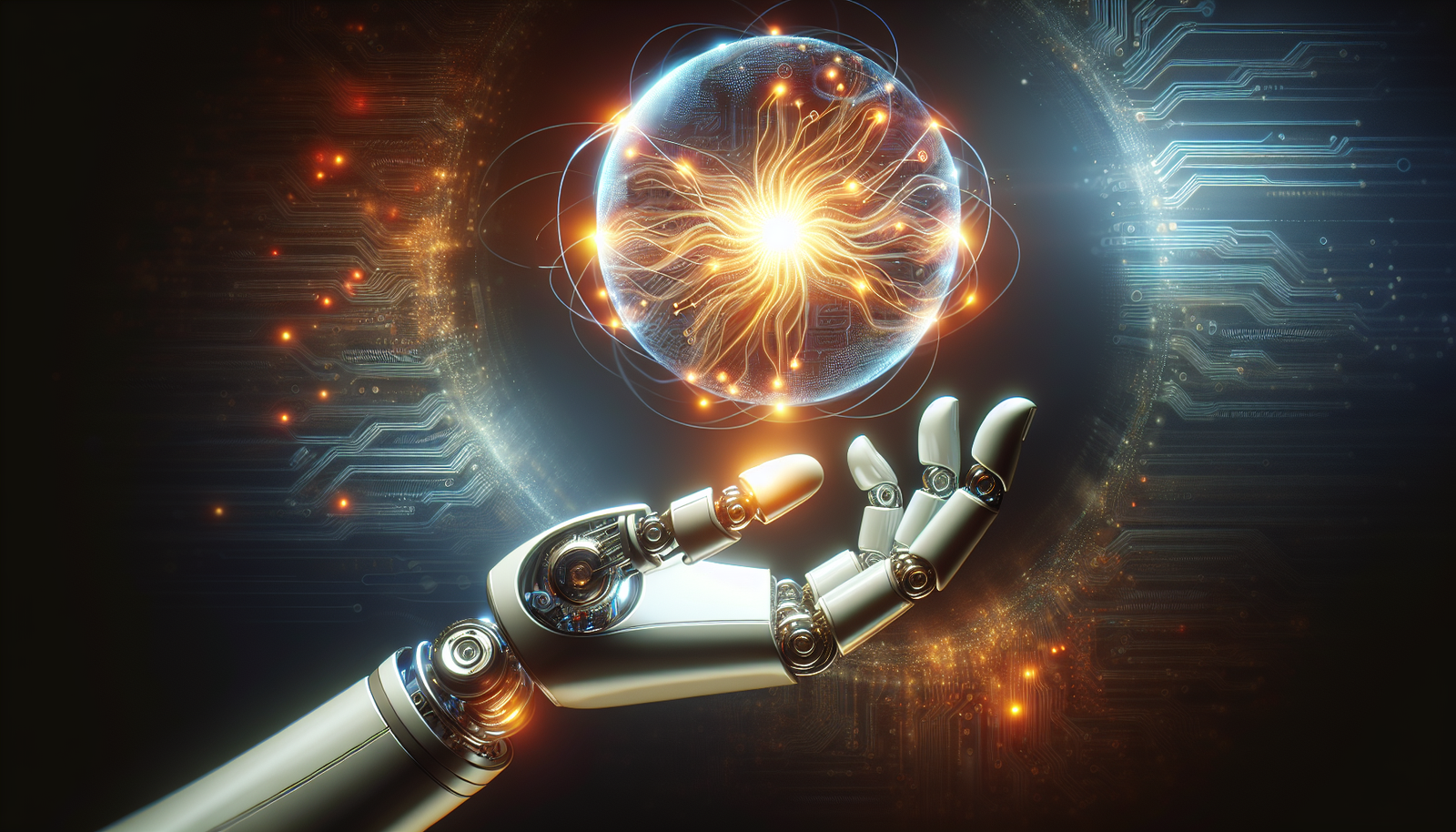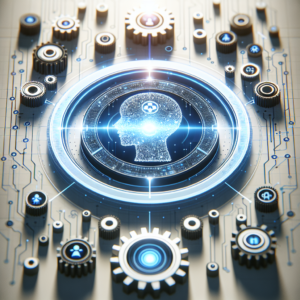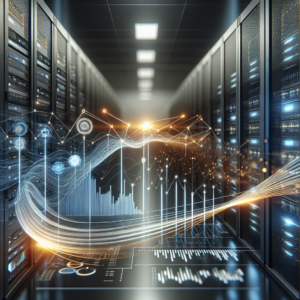What do you think the future holds for Artificial Intelligence technologies? It’s amazing to imagine how they will evolve and impact our lives. As I reflect on this topic, I can’t help but feel a mix of excitement and curiosity about the potential that AI has to transform various industries and even our daily routines.
A Brief Overview of Artificial Intelligence
Before diving into the future of AI technologies, I believe it’s important to recap what AI actually is. At its core, artificial intelligence refers to the simulation of human intelligence in machines designed to think and act like humans. This includes learning, reasoning, problem-solving, and understanding language.
AI can be categorized into two major types: Narrow AI and General AI. Narrow AI refers to systems that are designed for a specific task, like voice assistants or recommendation algorithms. General AI, on the other hand, is a hypothetical form of AI that would perform any intellectual task that a human being can do. While we have yet to achieve General AI, the advancements in Narrow AI are already staggering.
Advancements in AI Technologies
As I take a closer look at the advancements in AI technologies, I find myself amazed by how rapidly things are evolving. Over the past few years, we’ve witnessed remarkable developments in various fields. Let’s break down some of the most significant advancements.
Machine Learning and Deep Learning
Machine learning is a subset of AI that focuses on developing algorithms allowing computers to learn from and make predictions based on data. Deep learning, a subset of machine learning, utilizes neural networks to analyze data with multiple layers of processing to achieve accurate predictions.
| Term | Definition |
|---|---|
| Machine Learning | Algorithms that allow computers to learn and make predictions from data. |
| Deep Learning | A subset of machine learning that simulates the way human brains operate through neural networks. |
I find it fascinating how these technologies are being employed in various sectors, such as healthcare, finance, and even entertainment. For instance, in healthcare, machine learning algorithms are helping to predict patient outcomes and improve diagnostic accuracy.
Natural Language Processing (NLP)
Natural Language Processing enables computers to understand, interpret, and respond to human language in a meaningful way. This technology powers many applications, including virtual assistants, chatbots, and translation services.
With advancements in NLP, I can see a future where language barriers diminish as translation becomes seamless. Imagine having real-time conversations with someone who speaks a different language without missing a beat—sounds like something out of a sci-fi movie, doesn’t it?
Computer Vision
Computer vision is another fascinating branch of AI that enables machines to interpret and understand visual information from the world. Technologies like facial recognition, self-driving cars, and image classification all fall under this category.
I imagine a future where our lives are enriched by intelligent systems that can recognize objects in real-time—like helping me find a lost item or guiding me through complex environments.
Robotics and Automation
Robotics combines AI with physical machinery, creating robots capable of performing tasks that usually require human intelligence. Automation, on the other hand, is about using technology to perform tasks with minimal human intervention.
I’ve seen robots being integrated into manufacturing processes, improving efficiency and safety. As technology continues to advance, I can visualize a world where robots help us tackle everyday chores, allowing us more time for creativity and leisure.
The Future of AI Technologies
Now that I’ve set the stage by discussing current advancements, let’s turn our attention to what lies ahead. The future of AI technologies holds incredible promise, but it also comes with challenges and ethical considerations that we must navigate.
Enhancing Personalization
One of the most exciting aspects of AI is its ability to create personalized experiences. Whether it’s tailored recommendations for movies or customized learning experiences, AI technologies are improving the way we interact with the digital world.
I envision a future where AI understands my preferences so well that it can curate everything from my daily news feed to personalized shopping experiences—making my life more convenient and enjoyable.
Ethical Considerations
As we move forward, ethical considerations surrounding AI technologies will become increasingly important. Issues such as data privacy, bias in algorithms, and the potential for job displacement are at the forefront of discussions in the tech community.
I’m reminded of the responsibility we all have to ensure AI is developed and used ethically. It’s not just about the technology itself but how it can be implemented in a way that benefits society as a whole.
Integration in Healthcare
I can’t help but feel optimistic about the role of AI in healthcare. The future may see AI systems that enhance our ability to diagnose diseases, discover new treatments, and manage patient care more effectively.
Imagine a world where AI can analyze a patient’s genetic makeup and lifestyle to provide personalized treatment plans. I believe it could lead to better health outcomes and a more efficient healthcare system.
Revolutionizing Education
AI has the potential to transform education by making learning more personalized and accessible. I envision a future where AI-driven platforms adapt to students’ learning styles, offering them tailored resources that meet their needs.
This could help educators as well, allowing them to focus on fostering creativity and critical thinking rather than rote memorization. The combination of AI and education could truly revolutionize how we learn and teach.
| Application | Potential Impact |
|---|---|
| Healthcare | Improved diagnostics and personalized treatments. |
| Education | Tailored learning experiences for students. |
Automotive Innovations
The automotive industry is already experiencing a shift thanks to AI technologies. As I look ahead, I can foresee self-driving cars becoming more commonplace, enhancing road safety and changing how we think about transportation.
Imagine a future where I can sit back and relax during my commute while my car navigates through traffic autonomously—sounds pretty tempting!
Environmental Applications
AI could play a pivotal role in environmental conservation efforts. From predicting natural disasters to optimizing energy usage, the applications are vast.
I find it encouraging to think about a future where AI helps combat climate change by providing solutions that reduce our ecological footprint. It represents a tremendous opportunity for sustainability and environmental health.
Challenges Ahead
While the future of AI technologies is bright, it’s not without its challenges. As I ponder these, I recognize the need for collaboration among technologists, policymakers, and society as a whole to address the following hurdles.
Data Privacy Concerns
With the increased use of AI comes the responsibility to safeguard personal data. I often think about how much information we share and how it’s used. The future will require stringent measures to protect privacy while taking advantage of AI’s capabilities.
Algorithmic Bias
One of the challenges I find most pressing is addressing bias within AI systems. When algorithms are trained on biased data, they can perpetuate inequalities and unfair treatment. As we develop AI technologies, I believe we must be diligent about ensuring fairness and transparency.
Job Displacement
The impact of AI on jobs is an important topic I constantly consider. While AI can enhance productivity, I also worry about the potential displacement of jobs traditionally held by humans. It’s crucial to find a balance where technology complements human labor rather than replaces it entirely.
A Collaborative Future
As I think about the future of AI technologies, I envision a collaborative landscape where humans and machines work together. Instead of seeing AI as a threat, I think of it as a powerful tool that can enhance our capabilities.
Empowering Creativity
AI can augment human creativity by providing new tools and opportunities for artistic expression. I can see a future where artists, writers, and musicians collaborate with AI to experiment and push boundaries in their respective fields.
Fostering a Knowledge Economy
I believe that embracing AI will lead us towards a knowledge economy where education, skills, and intelligence are highly valued. As I see it, the workforce will evolve, prioritizing adaptability and continuous learning to keep up with technological advancements.
Bridging Cultural Gaps
AI’s potential extends to bridging cultural gaps, fostering understanding and collaboration among diverse groups. I find it heartening to think about a future where AI facilitates communication and exchange between different cultures.
Conclusion: Embracing the Future of AI
The future of Artificial Intelligence technologies holds immense promise, and personally, I feel quite optimistic about it. With advancements in machine learning, natural language processing, robotics, and more, I see a world where our daily lives are significantly enriched.
However, it’s crucial to navigate the ethical and societal challenges that arise with these technologies. I hope that as we move forward, we foster an environment where AI serves humanity’s best interests—ensuring that we work together to create a future that is equitable, innovative, and full of opportunities.
Reflecting on this journey, I’m inspired to embrace the potential of AI while understanding the responsibility that comes with it. The future may be uncertain, but with a collective effort, I believe we can shape it into something truly extraordinary.






